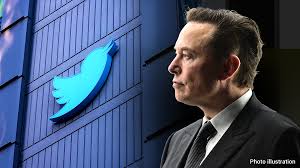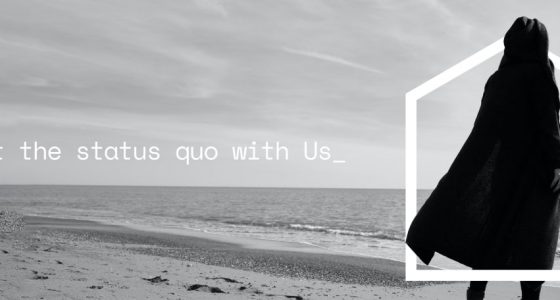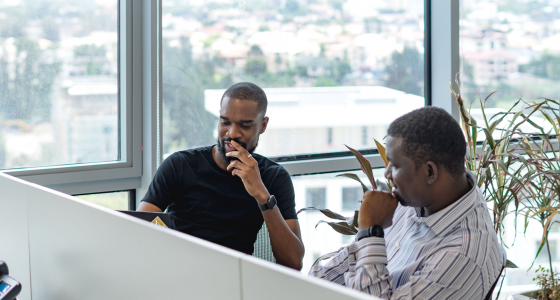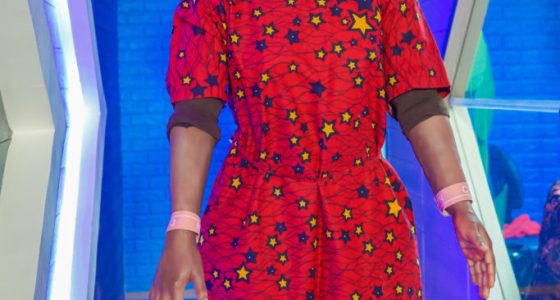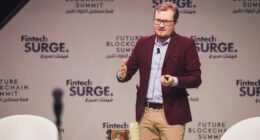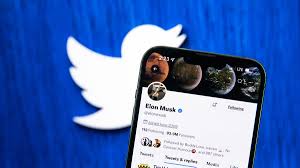
Elon Musk now owns Twitter after months of waffling, lawsuits, verbal mudslinging, and a near-miss of a full-fledged trial.
Here’s what to know
- Musk, a prolific Twitter user, is finally in control of the site with which he has a love-hate relationship. The Tesla and Space X CEO has amassed a following of more than 110 million in a venue that can sometimes land him in trouble.
- The New York Stock Exchange filed to delist Twitter’s stock Friday. Musk is taking the company private, and shareholders will get $54.20 per share.
- Musk tweeted that he will form a council “with widely diverse viewpoints” that will consider content moderation. There has been speculation Musk could loosen the site’s content moderation policies after taking over.
The News
According to three people familiar with the issue, Mr. Musk concluded his $44 billion offer to buy the social networking firm on Thursday night. He also started cleaning house, firing at least four top Twitter executives, including the CEO and CFO, on Thursday. Mr. Musk arrived at Twitter’s headquarters in San Francisco on Wednesday and talked with engineers and ad executives.
The agreement, which came after months of drama and legal battles as Mr. Musk changed his mind about purchasing the firm, puts Twitter on an unclear path. Mr. Musk, a self-described “free speech absolutist,” has stated that he wants to make the social media platform a more open forum for all forms of comments, and that he is open to suggestions. He would “lift the permanent ban” on former President Donald J. Trump from the military. At the time, Twitter said there was a risk Mr. Trump would incite further violence. But Mr. Musk has described the ban as “foolish”.
Musk has also expressed dissatisfaction with the platform’s reliance on advertising and is widely expected to oversee large job losses at the company, though he has allegedly refuted a Washington Post report that he aims to lay off 75% of the employees.
Musk, who had renamed his Twitter bio to “Chief Twit,” rejected any intention of turning the network into a “free-for-all hellscape” in a lengthy message posted on Twitter before the purchase deadline on Friday.
“I purchased Twitter because it is critical to the survival of society to have a shared digital town square where a wide range of opinions can be argued in a healthy manner, without resorting to violence,” he explained.
According to the sources, chief executive Parag Agrawal, chief financial officer Ned Segal, and Vijaya Gadde, head of legal policy, trust, and safety, were all let go. According to one of the sources, Sean Edgett, the company’s general counsel, was also let go. The company’s top executives were whisked out of its San Francisco offices in a hurry.
Biz Stone, co-founder of Twitter, appeared to confirm the executives’ departure. He congratulated all three in a tweet for their “combined contribution to Twitter,” describing them as “huge talents” and “wonderful beings.”
Meanwhile, Bret Taylor, who had been Twitter’s chairman since last November, updated his LinkedIn profile to reflect his departure.
What are people saying on Twitter?
The deal has sparked debate among Twitter users about how the platform will appear under Mr. Musk’s leadership.
There are concerns that more permissive free speech regulations will allow users who have been banned for hate speech or disinformation to return to the platform. Along with Mr. Trump, this might include political fanatics, QAnon supporters, and Covid-19 denialists.
In response to Mr. Musk’s letter, Thierry Breton, the EU commissioner for the internal market, tweeted, “In Europe, the bird will fly by our EU regulations,” implying that regulators will be stern on any relaxation of Twitter’s policies.
Some right-wing influencers who cheered Musk’s ownership on Thursday night have seen their follower levels skyrocket since his announcement.
“The bird is free, now free the GOAT,” tweeted Rep. Lauren Boebert (R-Colo.), tagging @realdonaldtrump. The acronym stands for “greatest of all time.”
What is the motivation behind Elon Musk’s purchase?
In a tweet, Mr. Musk said he didn’t buy the firm “to make more money. I did it to try to help humanity, whom I love”.
What is Elon Musk’s net worth?
All of these inconsistencies appear to be part of his appeal – and they haven’t stopped him from earning a fortune.
Forbes and Bloomberg now rate him as the world’s richest person, with a net worth of over $250 billion – tens of billions more than rivals like Amazon founder Jeff Bezos.
This is partly due to the value of his Tesla stock, which he owns roughly 17% of. Since the beginning of 2020, the company’s stock has surged in value by a factor of ten as output rose and regular profits began to be delivered.
Mr. Musk also supports digital currencies and has a stake in a number of smaller businesses, including tunnel-builder the Boring Company and experimental brain-computer start-up Neuralink.
Mr. Musk, who proudly wears the label of a workaholic, has frequently stated that he is not in business to generate money, comments he recently reaffirmed in relation to his Twitter takeover.
“Elon only gets engaged with things if he believes they’re extremely necessary for some reason… for the good of society or humanity,” says friend and Tesla investor Ross Gerber.
What next for Twitter under Elon Musk?
‘A digital town square’
On Thursday, Mr. Musk addressed potential advertisers in an uncharacteristically contrite message placed on the site. In it, he stated that he purchased Twitter in order to “attempt to serve humanity,” and that he wished for “civilisation to have a digital town square.” He also acknowledged that his goal might fail.
Spam and super app hints
Mr. Musk has been outraged by the number of spam and bot accounts he feels litter the site; Twitter has consistently disputed his accusations that its official tally is significantly too low. He could order a mass cull, but it would likely have an impact on everyone’s all-important follower counts, making it a controversial first move.
Perhaps his most intriguing clue thus far is that his new startup will be the beginning of “X, the everything app.” He has never commented on this, but many believe he is referring to the development of a “super app” similar to China’s WeChat – a one-stop-shop for social media, texting, money, food ordering – in a nutshell, everyday life administration.
Mr. Musk tweeted “the bird is freed” and later said “let the good times roll”.
Users can only hope for a better experience now that Elon Musk has taken over Twitter.
Only time will tell.
For the time being, let the good times roll.
